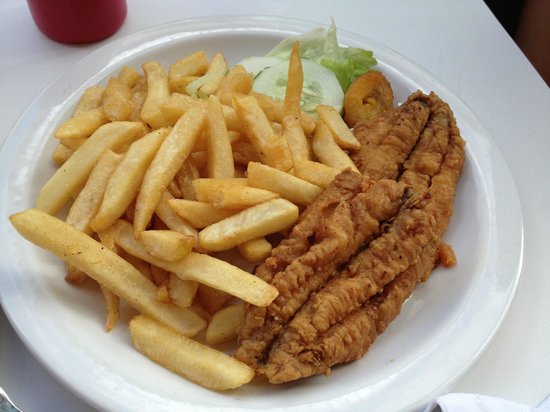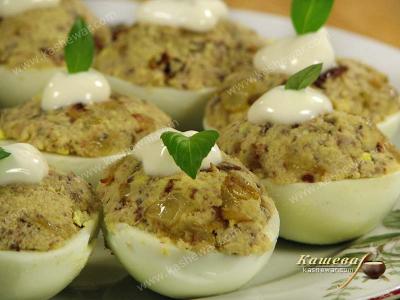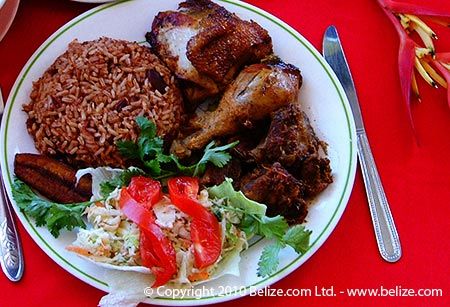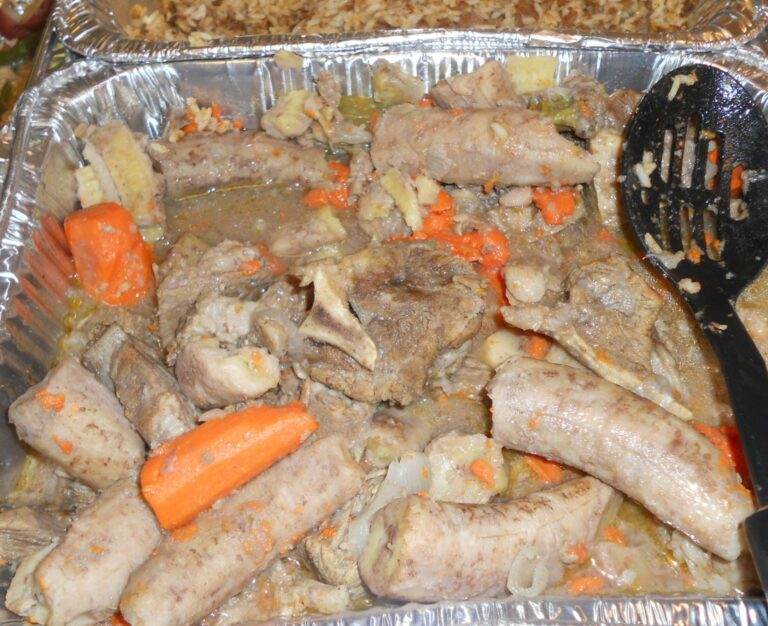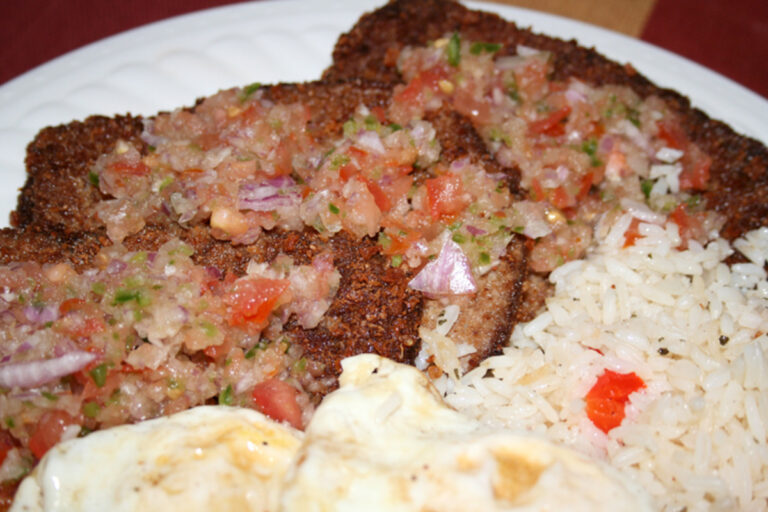Introduction: Beverages in Bangladesh
Beverages are an essential part of Bangladesh’s food culture. Known for its diverse culinary traditions, the country offers a rich variety of beverages that represent its history, geography, and cultural identity. From tea to yogurt-based drinks, sweet and tangy fruit juices to salty and sour refreshments, Bangladesh has something to offer for every taste bud.
Cha: Tea culture in Bangladesh
Cha, or tea, is the most popular beverage in Bangladesh. It is enjoyed by people of all ages and classes. The country’s tea culture has a long history, dating back to the British colonial era. Today, Bangladesh is one of the largest tea producers in the world, with tea gardens spread across the country. The tea is typically served in small clay cups, and the brewing process involves boiling milk, water, tea leaves, and spices like cardamom and cinnamon. It is usually sweetened with sugar and enjoyed as a mid-day refreshment or with breakfast or snacks.
Borhani: A yoghurt-based savory drink
Borhani is a savory drink made from yogurt, spices, and herbs. It is popular during special occasions like weddings and religious festivals, where it is served as a refreshing drink to cleanse the palate between meals. The drink is prepared by blending yogurt, mint leaves, coriander, cumin, black pepper, and salt. It is then garnished with chopped onions, cucumber, and mint leaves.
Lassi: A popular refreshing yogurt drink
Lassi is a refreshing yogurt-based drink that is popular in Bangladesh. It is made by blending yogurt, water, sugar, and sometimes fruit to create a smooth and creamy beverage. Lassi can be sweet or salty, depending on the recipe, and is often served as a cooling drink during hot weather or as a digestive after meals.
Pitha-paan culture: A combination of sweet and bitter flavors
Pitha-paan culture is a unique combination of sweet and bitter flavors that is popular in Bangladesh. Pitha refers to a type of sweet cake made from rice flour, coconut, and jaggery, while paan is a betel leaf wrapped with various fillings like nuts, spices, and sweeteners. The combination of pitha and paan is a popular treat during weddings and other special occasions.
Sherbet: A sweet and fruity drink for special occasions
Sherbet is a sweet and fruity drink that is popular during special occasions like weddings and religious festivals. It is made by mixing fruit juice, sugar, and water to create a refreshing and colorful beverage. Sherbet can be made from a variety of fruits like mango, pineapple, and litchi.
Ghol: A salty and sour drink with a twist of spice
Ghol is a salty and sour drink that is popular in Bangladesh. It is made by blending yogurt, water, salt, and spices like cumin, coriander, and mint leaves. Ghol is often enjoyed as a digestive after meals or as a cooling drink during hot weather.
Boroi: A sweet and tangy drink made from a tropical fruit
Boroi is a sweet and tangy drink that is made from a tropical fruit called jujube. The fruit is boiled with water, sugar, and spices like cardamom and cinnamon to create a refreshing and flavorful drink. Boroi is often enjoyed during the summer months when the fruit is in season.
In conclusion, Bangladesh’s beverage culture is diverse and rich, reflecting the country’s history, geography, and cultural identity. From tea to yogurt-based drinks, sweet and tangy fruit juices to salty and sour refreshments, Bangladesh’s beverage offerings are sure to tantalize the taste buds of anyone who tries them.


